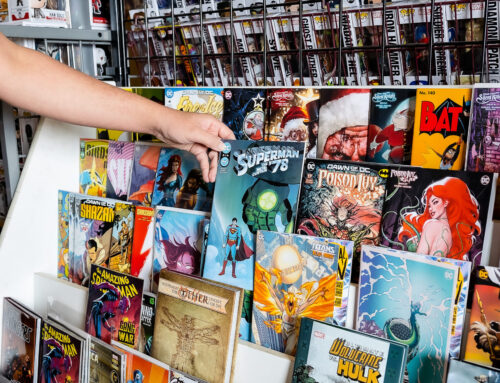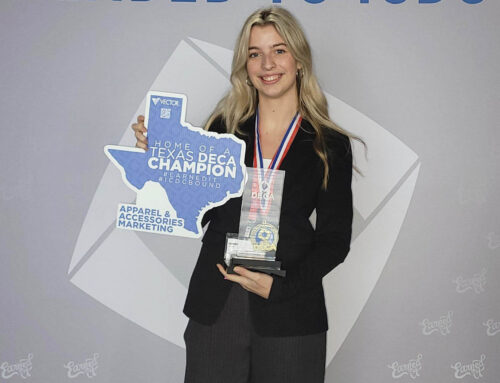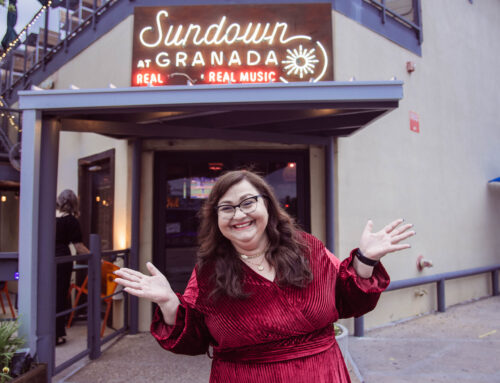Sunday’s Dallas Morning News had a great Point/Counterpoint style debate about whether high school literature classes should stop teaching the classics in favor of books which modern students find more interesting and easy to understand. The snore factor is high, argued teacher Will Okun, when he attempts to discuss The Scarlet Letter, The Old Man and the Sea, or anything by Dickens. On the other hand, when he permits them to read books they like with characters they can relate to and language they can decipher, "the students are actually vying for the privilege to read in class," their discussions are "dynamic," and their writings are "thoughtful." He suggests that focusing exclusively on the classics actually turns young people away from reading.
Shelly Venable, playing Jane Curtain to his Dan Akroyd, insists that "teenagers need to be challenged to identify with characters who are not like them." It is the very act of reading about people and places they can’t relate to, she says, that "broadens their perspectives and prepares them for a future."
Both are correct when the stress that our kids are not reading enough great literature. A study by the National Endowment for the Arts (NEA) cites a dramatic decline in reading by young adults over the past twelve years, due in part to the growth of digital media, such as computers and ipods, competing for their attention.
So what will make our kids take off their headphones? Even my literature-loving book club finds it painful to persevere through dull and difficult stories. It’s an admirable goal to share classic literature, but if the result is students who don’t read, we haven’t accomplished anything. If the goal is to share a love of reading, then assigning popular books that capture their imagination makes more sense. There are no studies that say kids can only learn if the writer is long dead and buried.





